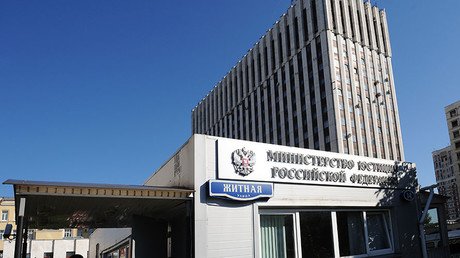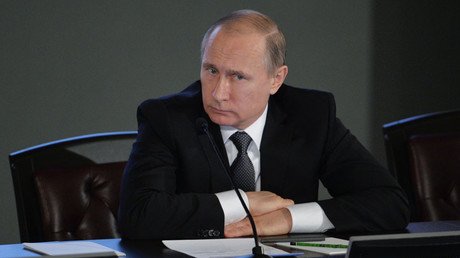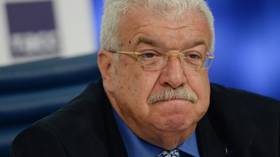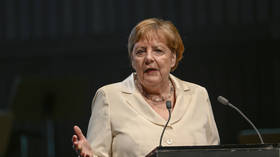Foreign agent: Leading Russian independent pollster Levada Center loses court bid
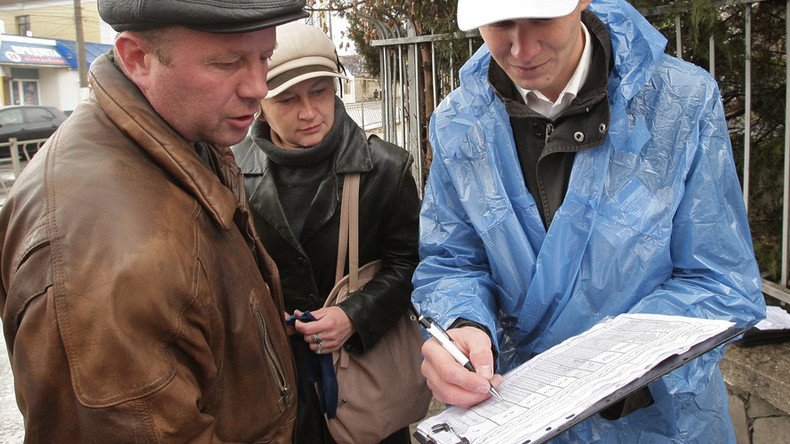
A district court in Moscow has rejected a lawsuit by NGO the Levada Center, which had sought to cancel its inclusion in the register of ‘foreign agents’ – groups engaged in politics that receive sponsorship from foreign organizations and individuals.
According to the law, which was introduced in late 2012, all Russian NGOs that receive funding from abroad while engaging in political activities must register as foreign agents.
In mid-2016, lawmakers amended the law, providing a more precise definition of political activity. Among other things, they classed this as participation in street rallies and marches, any activity aimed at influencing the result of an election, public appeals to state agencies seeking changes in laws, circulating appraisals of existing laws or state policies, and attempts to influence views on political issues through opinion polls.
The law also allows state agencies to list groups as foreign agents without their consent if the results of an audit indicate that the NGO in question matches the description.
The issue of Levada’s foreign sponsorship was raised by Russian lawmaker Dmitry Sablin, who noticed that the NGO’s director, Lev Gudkov, had said in a press interview that the group received money from US organizations and endowments. This money was used in commercial projects, Gudkov said, but was still important for the NGO’s continued operations.
Following this, the Justice Ministry launched an investigation into the Levada Center’s work, finding some confirmation of Gudkov’s statements. A court in Moscow then ordered the organization to pay a fine of 300,000 rubles (US$4,600) for refusal to register voluntarily – leading to the Justice Ministry including it in the list, despite protests.
In response, the Levada Center sued the ministry, asking to be removed from the foreign agents register. The NGO claimed that the inspection was conducted with “blatant mistakes,” and that the conclusions about its political activities were based on public statements of some of its founders who had spoken only as private individuals. It also noted that some of the materials mentioned in the ministry’s conclusion had been made before the law on foreign agents had come into force.
Justice Ministry representatives countered this with the argument that Levada’s founders were presented by the interviewers in their official capacity, and that the statements were available on the internet after the foreign agents law had been introduced. Both these points, the ministry said, allowed it to consider the statements as the group’s official position.
The judge agreed with the defense and ruled to refuse the Levada Center’s lawsuit.
The NGO’s lawyers told reporters after the court session that they intended to appeal the verdict. Gudkov also noted that if the Levada Center loses the court battle, it will most likely cease its operations, because he considered it impossible to conduct public opinion polls while being tagged as a foreign agent.
The foreign agents law drew criticism from rights groups in Russia and abroad from the moment authorities announced plans to introduce it. Critics said that it would alienate many independent NGOs and jeopardize their very existence.
The sponsors of the act and top Russian officials, including President Vladimir Putin, have repeatedly emphasized that its main purpose is to provide better information for voters, and that it would eventually benefit democracy.
In early June this year, President Putin signed a set of amendments to the law allowing charity groups receiving funding from abroad not to register as foreign agents.
